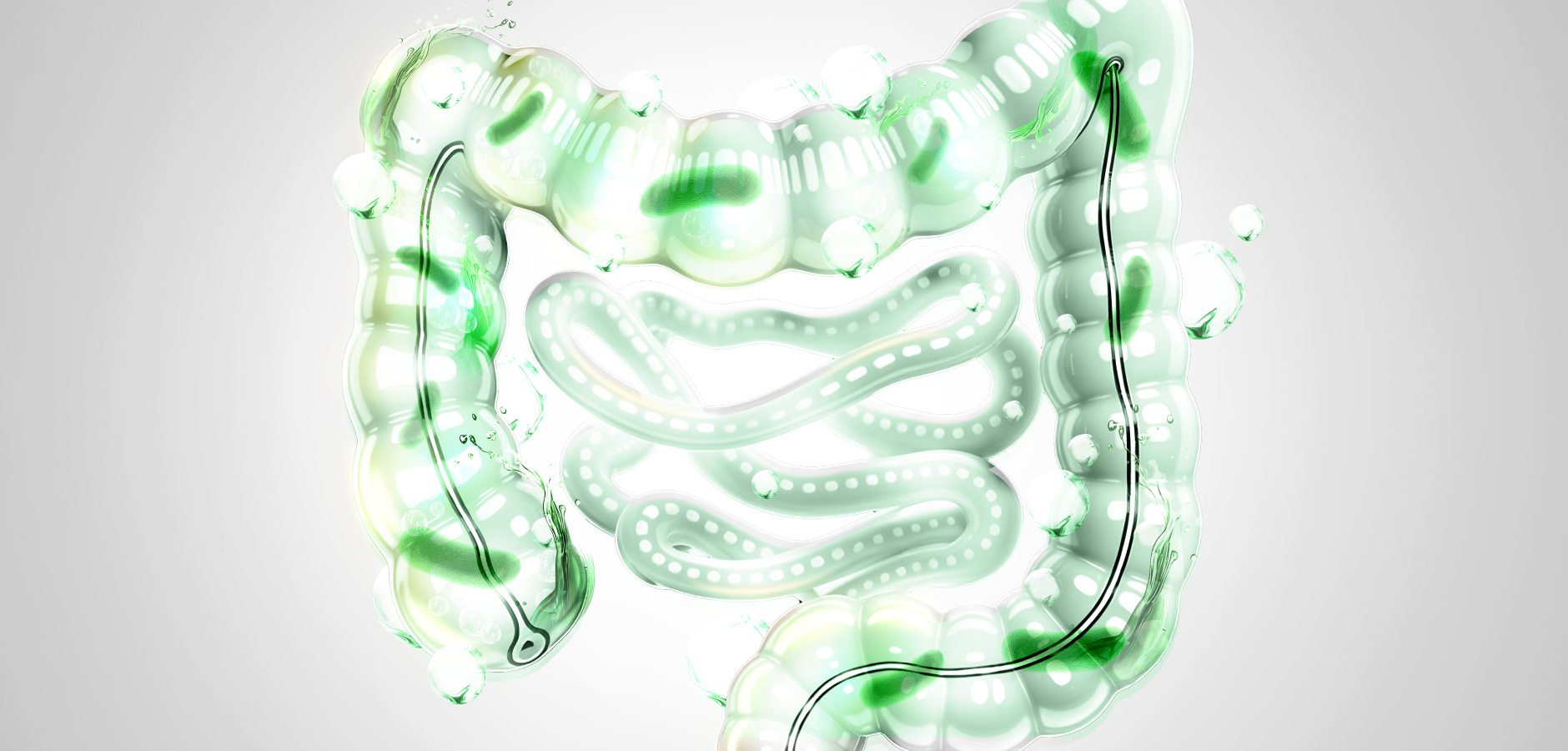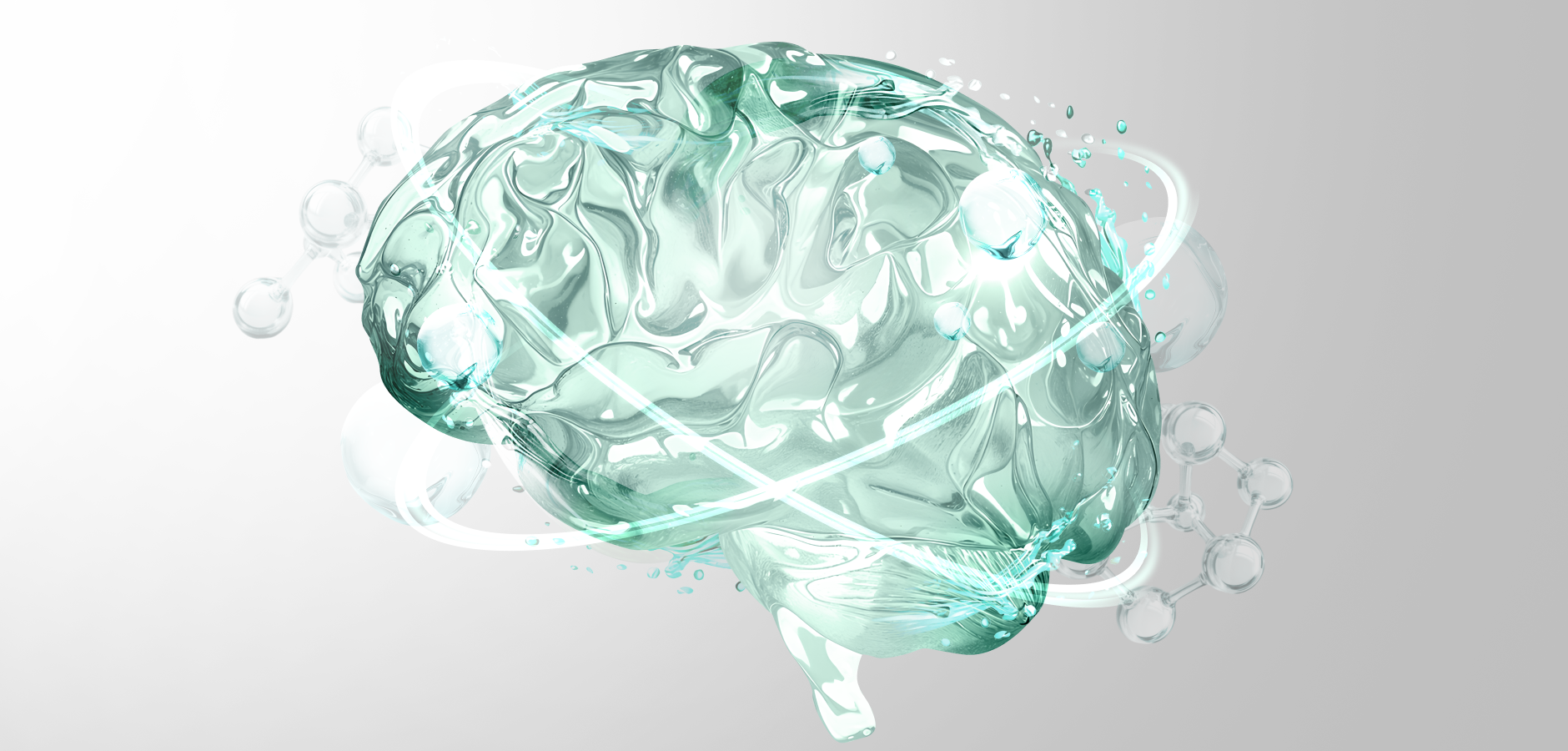G.R.S.P.I. When Food Becomes Your Therapist
~ 4 min read
22 April 2025
G.R.S.P.I isn’t just a trendy abbreviation — it’s a real map showing how what you eat can affect your mood, mental clarity, and even your motivation to get out of bed.
If you've ever noticed your mood changing based on what you've eaten, this article is for you.
🔍 What is G.R.S.P.I.?
G.R.S.P.I. is a system built around 5 key mechanisms that explain how your gut and brain are constantly communicating.
Here are the five elements:
-
G — Gut-brain axis
-
R — Receptors (for neurotransmitters in the gut)
-
S — Serotonin & other neurotransmitters (dopamine, GABA)
-
P — Probiotics & microbiome
-
I — Inflammation (as a cause of anxiety)
Let’s break down each of these mechanisms to understand how food affects your mental and physical well-being.

1. G — Gut-brain axis: a high-speed highway between your stomach and your brain
Your brain and gut are constantly connected — through the vagus nerve, hormones, and immune signals.
They are in continuous conversation, and if something’s wrong in your gut, your brain will definitely feel it.
Fun fact: People with IBS (irritable bowel syndrome) often experience anxiety and depression. Conversely, people with depression frequently have a disrupted gut microbiome.
So, when your gut isn’t well, it inevitably affects your emotional health too.
2. R — Receptors: your gut senses your emotions
Your gut isn't just a digestive organ — it’s a major emotional control center.
It contains receptors for key neurotransmitters like:
-
Serotonin (90% of which is produced in the gut!)
-
Dopamine (responsible for feelings of pleasure)
-
GABA (gamma-aminobutyric acid — a natural calming neurotransmitter)
Fact: Certain bacteria, like Lactobacillus, produce GABA, which helps lower stress levels.
When you nourish your good bacteria, they respond with calm.
3. S — Serotonin & neurotransmitters: why pasta feels like an antidepressant
Food directly affects serotonin levels — the neurotransmitter responsible for emotional well-being. For example:
-
Pasta (like other carbohydrates) increases insulin, which boosts tryptophan — the amino acid that, in turn, increases serotonin. The result? Relaxation and eventual drowsiness.
-
Omega-3 fatty acids, found in fish, flax seeds, and flaxseed oil, fuel the production of dopamine — the neurotransmitter responsible for motivation and reward.
By the way, chocolate also contains serotonin, but the effect is short-lived — so your brain soon wants more.
4. P — Probiotics & microbiome: two kilos of bacteria inside you — no joke
Your microbiome is an ecosystem of bacteria and microorganisms that live in your gut.
They have a huge impact on your mental and physical health. Here's how:
-
They release molecules that affect your mood.
- They protect the lining of the intestine from harmful pathogens.
-
They synthesize vitamins and other essential compounds.
If your microbiome does not include bacteria such as Faecalibacterium prausnitzii, you may notice a decrease in mood and a weakened immune system.
5. I — Inflammation: how chips and fast food make you feel low
Inflammation in the gut acts like a slow-burning fire that eventually affects the brain.
When immune cells are activated due to dysbiosis (an imbalance of gut bacteria), they may “accidentally” affect brain function — leading to symptoms of depression and anxiety.
If you overconsume fast food, this chain is triggered: dysbiosis → inflammation → brain fog, fatigue, apathy.
🎯 How can you use G.R.S.P.I. for yourself?
You don’t need to be a biochemist to feel better. Here are a few simple steps that can help:
-
Feed your microbiota — it loves naturally fermented foods
-
Minimize inflammation — identify and remove food “trash”
-
Balance your carbs — less sugar, more sustainable energy
-
Include foods rich in tryptophan and tyrosine — no emotional balance without quality protein
-
Track your emotions — over time, you’ll notice they become clearer and more stable

💚 Greespi — food that helps you be…
If you imagine the highest-quality autobahn, free of obstacles — that’s how Greespi works in your body.
Our product is designed so your gut thanks you every morning for making the right choice:
-
A complete protein, easily absorbed
-
Antioxidants that put out the fires of inflammation
-
Vitamins and minerals that nourish every epithelial cell
-
No fillers, no irritants — everything is pure, natural, and effective
-
And most importantly — everything in Greespi has high bioavailability
📌 Remember:
Your mood, clarity of thought, and motivation — it’s not just psychology. Start with something simple, and you’ll see how both your body and mind begin to change.
References:
-
Skonieczna-Żydecka, Karolina, et al. "The Role of Gut Microbiota in Anxiety, Depression, and Other Mental Disorders as Well as the Protective Effects of Dietary Components." Nutrients, vol. 15, no. 3, 2023, p. 552. PMC, doi:10.3390/nu15030552.
-
Author(s). "Dietary fiber modulates the gut microbiota and improves health." Journal Title, vol. X, no. Y, 2024, pp. Z. ScienceDirect, doi:10.1016/j.cjco.2024.100600.
-
Author(s). "Article Title." Scientific Reports, vol. 14, 2024, Article 74492. Nature, doi:10.1038/s41598-024-74492-4.
-
Sonnenburg, Justin L., and Fredrik Bäckhed. "Diet-Microbiota Interactions as Moderators of Human Metabolism." Cell, vol. 167, no. 2, 2016, pp. 269-84. ScienceDirect, doi:10.1016/j.cell.2016.05.046.
-
Zhang, Yuan, et al. "Gut Microbiota in Human Metabolic Health and Disease." Nature Reviews Microbiology, vol. 21, no. 1, 2023, pp. 23-38. PMC, doi:10.1038/s41579-022-00827-5.
© All rights reserved, copying of materials is permitted only with the obligatory indication of the link to the site greespi.com. Commercial use is prohibited without the owner's consent and is punishable by law.
“All information provided on this site is for informational purposes only. It should not be used as a substitute for professional medical advice, diagnosis, or treatment.
Always consult your doctor if you have any questions about a medical condition.”
Responses
You may also like


